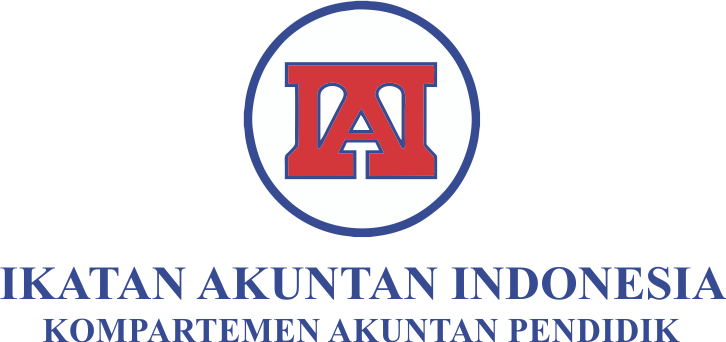Green Innovation, Green Intellectual Capital, and Organizational Green Culture on Competitive Advantage: Evidence from High-Profile Sector Companies in Indonesia
DOI:
https://doi.org/10.34209/equ.v27i1.8116Abstract
This research aims to assess the effects of Green Innovation, Green Intellectual Capital, and Organizational Green Culture on Competitive Advantage. A quantitative approach is used, relying on secondary data. The sample consists of companies listed on the Indonesia Stock Exchange that have a high-profile status in sectors including energy, basic materials, industrials, consumer non-cyclical, consumer cyclical, and healthcare from 2020 to 2022. Purposive sampling was employed to select the sample. Over the last three years, 55 companies contributed to a total of 165 research samples. The study utilized panel data regression analysis with the help of Econometric Views (EVIEWS) 12 software. The results show that Green Innovation, Green Relational Capital, and Organizational Green Culture have a positive impact on Competitive Advantage. Conversely, Green Human Capital and Green Structural Capital did not have an effect on the company’s Competitive Advantage.
Keywords: Competitive Advantage, Green Innovation, Green Intellectual Capital, Organizational Green Culture.
Downloads
Published
Issue
Section
License

This work is licensed under a Creative Commons Attribution 4.0 International License.
Syarat yang harus dipenuhi oleh Penulis sebagai berikut:Penulis menyimpan hak cipta dan memberikan jurnal hak penerbitan pertama naskah secara simultan dengan lisensi di bawah Creative Commons Attribution License yang mengizinkan orang lain untuk berbagi pekerjaan dengan sebuah pernyataan kepenulisan pekerjaan dan penerbitan awal di jurnal ini.
Penulis bisa memasukkan ke dalam penyusunan kontraktual tambahan terpisah untuk distribusi non ekslusif versi kaya terbitan jurnal (contoh: mempostingnya ke repositori institusional atau menerbitkannya dalam sebuah buku), dengan pengakuan penerbitan awalnya di jurnal ini.
Penulis diizinkan dan didorong untuk memposting karya mereka online (contoh: di repositori institusional atau di website mereka) sebelum dan selama proses penyerahan, karena dapat mengarahkan ke pertukaran produktif, seperti halnya sitiran yang lebih awal dan lebih hebat dari karya yang diterbitkan. (Lihat Efek Akses Terbuka).








